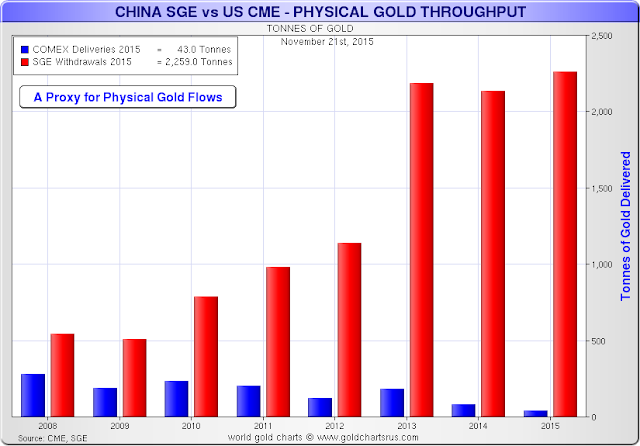bronx, et al-
If the national debt was entirely owned by domestic creditors, at one level there would be no problem with just rolling it over endlessly. At the 30,000 ft level, we'd be paying money to ourselves. However, if you dig down a bit, there are winners and losers. Domestic taxpayers would essentially be transferring a nice slice of the national product to the sovereign debt creditors (top 1% and pension plans) in perpetuity. Sovereign debt in that sense is just a guaranteed slice of the national product for whomever holds it, and the bigger the debt, the larger the transfer. Money paid to the creditors could have been spent on national defense, infrastructure construction (we can only hope), more bureaucrats, education, or transfer payments to our favorite social programs. And if we simply issue more debt to pay the interest, that still results in a wealth transfer to the group holding the debt, at the cost of higher inflation overall. (Deficit spending is inflationary).
And that brings up reality, namely, that foreigners hold a good chunk of US debt. Interest paid to them really means transferring a chunk of the national product to people outside our economy, every year, in perpetuity. With foreign-owned debt, the interest payment not only crowds out other budget choices, its a tithe we pay to someone else in perpetuity. And if its for consumption rather than self-liquidating items such as infrastructure, its really foolish - in my opinion.
Now then, we could do things like having the Treasury issue enough currency to pay off debt, or have the Fed "cancel the debt" they hold (after printing a big slug of base money to buy it) and so on, but this operation is not impact-free. There is a side effect: excess base money is created, and it shows up as excess reserves. The excess reserves do have an impact on the economy, and from what I can tell, the effect is to suppress short term interest rates and blow asset bubbles because of the reach for yield. Here's my theory on that:
In the old days (i.e. pre-2008), savings were scarce because every dollar of non-base money (which was 95% of money in circulation) was borrowed into existence. The requirement to pay interest on each dollar made sure that every dollar in circulation was a dollar that was truly deemed necessary by the free market.
However, if you suddenly parachute in a bunch of money that no longer has an interest rate attached, this creates a money supply that is in excess of what the market needs to function. Money is therefore no longer as scarce, and so short term interest rates drop. (Interest rates are, at one level, an indicator of supply & demand for money; low rates = high supply relative to demand).
My guess is (and I really need to construct a model to prove it) that the more interest-free base money we have out there, the more firmly short term rates will be suppressed. Supply of money exceeds demand.
Our elastic money system is actually pretty elegant. Free market creates money only when necessary - and when its no longer needed, participants have the incentive to pay it back and destroy it. Savers (deferred consumption) are rewarded by interest payments. But these days, there is more money out there than the system really needs, so savings are no longer rewarded. What's the long term consequence of not rewarding savers? That I haven't really sorted out - but I'm guessing its not a particularly good thing. Likely, it results in asset bubbles ("asset hyperinflation?") as yields everywhere are driven down towards zero and asset prices are driven towards infinitly.
At some point the pendulum will swing, and people will worry about risk instead of yield. Since asset prices will have been driven much higher than normal because of the excess base money, it just means that the crash will come from a much higher price point. Perhaps that's what "rewarding savers" in our old elastic money system accomplishes - it restrict the heights to which asset prices may go during the good times when perceived risk is low.
Right now, since the Fed holds debt on the balance sheet for each dollar of base money printed, they can theoretically reverse the operation by selling the debt and destroying the base money. If they cancel the debt, the base money can no longer be extracted from the economy. Its out there in perpetuity.
There is no free lunch, as Charles said.
If you create a huge amount (say 10 trillion) in base money, might that have a different effect than suppressing interest rates further? It might. I just don't know. However I don't think it will be impact-free, and I don't believe the impact will be something desirable, however I'm not sure exactly what it will be.
We're conducting an experiment with the national economy. We should realize this.

